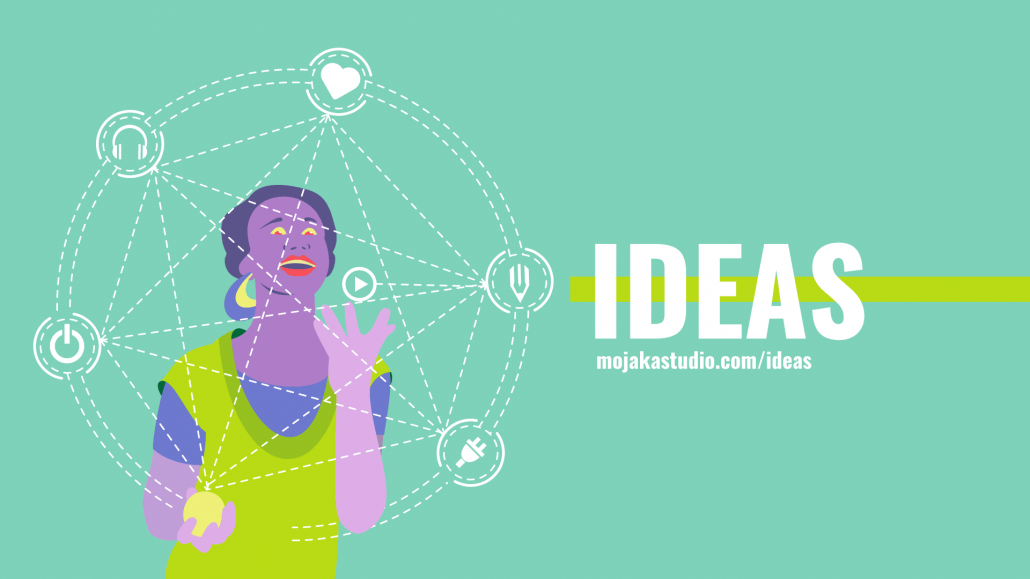Make repairable products

Repairable products have a longer lifespan. And they don’t end up on the refuse dump any time soon. Also, they give jobs to repairers and secondhand shops.
Keep sustainability in mind when you make products.


Repairable products have a longer lifespan. And they don’t end up on the refuse dump any time soon. Also, they give jobs to repairers and secondhand shops.
Keep sustainability in mind when you make products.

By fiifi DZANSI
We can all become organic farmers/gardeners.
Commercial farming practices, including the use of fertiliser and pesticides, are not sustainable. We are losing much of our bee population and other organisms. It’s worrying.
Some have switched to organic farming. That’s where the trend must head if we are serious about climate change. Crops grown in the organic farming system are healthier. And this method helps preserve our ecosystem.
With all the benefits, why aren’t all farmers taking this direction?
Organic farming isn’t easy.
It takes time.
Controlling pests is difficult. And yield may not be as bountiful.
Many argue that the world is in serious need of food to feed the hungry. And organic farming may not help hasten things up.
Humans once practised organic farming before tech got to this stage. If we are determined enough, we can turn things around.
One bold step is for all of us to start our gardens wherever we live on Earth.
First, it helps to appreciate where the food we eat comes from. We may have some basic food we can put on our plate. The delight that comes from eating from your own harvest can not be overemphasised.
Composting is a vital part of organic farming. The food we no longer need, dead plants and animal droppings are kept in a bin. Over time it becomes a natural food for the crop we grow in our gardens. This practice reduces food waste in refuse dumps and decreases our greenhouse problems.
Gardening requires some sort of dedication and commitment. So start small. Even if you live in a high-rising apartment in the city, you can grow herbs and veggies in containers on your balcony.

By fiifi DZANSI
The end will come soon. And all the good people will be taken to their new place in heaven. Bad people, on the other hand, would spend eternity in hell, always on hot grills.
This is what many religions on Earth teach their followers.
With such a belief, why should we waste our efforts in trying to solve the climate crisis?
After, all the Earth is doomed to fail.
Ghana is one of the most religious places on the planet. Wednesdays are designated for worship throughout the country. While people take leave from work to go worship the ‘Lord’.
Someone is preaching on our busy streets.
At times the preachers set their consoles on refuse heaps instead of cleaning first.
Someone said before, that since this world would go up in inflames soon, he doesn’t care what happens to it.
He would be in heaven singing hallelujah with angles.
It’s about time religion took the climate seriously.

By fiifi DZANSI
For someone to make a change, she needs to be on a path – a path not worthy to traverse anymore.
Apparently, she’s been on this way for years – it becomes part of her daily life.
A sudden change can be traumatic.
This is where humans are at this moment.
Everybody, no matter where they are, can feel it.
Fear of change is holding some back.
Because we have been comfortable living this way.
Humans discovered fossil fuels hundreds of years ago.
And Alexander Parkes introduced the first-ever man-made plastic in 1862.
These resources – which we frown on now – are cheap, widespread and easy to acquire.
For years, our lives hang heavily on them.
But now we need to make a change really fast because time is against us.
Many of the solutions at hand are not cheap.
There are a few electric vehicles in Ghana. But I have not set my eyes on one yet. That shows how rare they are in this part of the world.
Also, I wonder how many people in this country can afford a Tesla or other electric vehicles.
So we have to wait until they become mainstream.
Until there are so many used electric vehicles on the market.
By fiifi DZANSI
Greed and profiteering are at the root of the climate change crisis hitting the world in our time.
The ongoing COP26 has got many wondering if this is the time climate crises finally end.
Protests are happening outside the venue, with Greta Thunberg calling the world leaders liars because she could not see anything coming out of that meeting.
The Amazon forest is shrinking due to deforestation caused by logging and mining. And the story is similar in other parts of the world.
Governments profit when they give out natural resources for exploitation.
Billionaires continue to hold fast their position as such. And the poor and those tribes that prefer simple lives are the ones affected the most.
Our world can do without gold, and if we are hard-working enough, we can get rid of fossil fuel and coal in the shortest possible time.
Again, greed and profiteering are frustrating the efforts of people who care about the environment.
It’s not a bright future for the climate at the rate we are damaging Earth’s resources.
It’ll take all of us on the planet to come together for a change.
Are you willing?

By fiifi DZANSI
Sustainability In New Business
The survival of our planet depends on how well we take care of the climate.
World leaders meet in the UK for COP26 – a conference that aims to unite the world to tackle climate change.
Regrettably, there’s nothing new in their speech. These same countries made promises in 2014 to end climate change.
Here we are again.
They failed.
So we need renewed promises.
Most global businesses including, mining, petroleum and agriculture, did not have sustainability embedded in their business plans.
And as their markets spew out money and create billionaires, it’s difficult for them to make a change.
Governments, on the other hand, profit from them. They stand aside and watch the remainder of the earth’s resources being depleted.
Starting a business with a sustainability culture should now become mandatory. It helps small businesses to grow in that direction in the future.
The younger generation is keenly aware of their environment and is willing to buy from businesses that take sustainability seriously.

By fiifi DZANSI
Are we winning the plastic war?
Over the years, I decided to minimise my use of single-use plastic. I bought a tote bag, food and water containers, among others, that I can use for years.
In Ghana, when you buy food, sellers will first dish it into a transparent plastic bag.
Then they’ll put it in a black plastic bag before finally placing it all in another plastic bag that probably says “thank you”.
That’s three single-use plastic!
Anytime I reject plastic, I come up against apathy and indifference. A woman asked me if I was alright.
Certain sellers take it as being rude for rejecting good packaging.
I’ve tried to explain how damaging these plastics have become to our home – the Earth. But it seems too farfetched for them to grasp.
They’ve not seen plastic in a fish’s guts before.
To them, the change in our climate is a punishment from God.
Plastic that clogged up our drainage and caused flooding on rainy days, and that resulted in the death of some is “being at the wrong place at the wrong time.”
I feel I’m swimming against the tides.
That’s the reality.
To stand up for what is right when others sit,
to work what is fine while the majority do otherwise is a strenuous course to take.
It’s a worthwhile route that brings freedom from guilt and seared conscience.
Don’t sit on the sideline.
When all of us play our part, we can win the plastic war.

By fiifi DZANSI
Apps have become part of our daily lives. Their popularity increased with the smart device boom in recent years.
They make life so effortless and productive.
But they have limitations.
Sometimes, apps can have an outage like what happened to Facebook, Instagram and WhatsApp.
Most of the apps depend on internet connectivity.
When the internet goes down, they become unreliable.
In addition, we need to keep our smart devices alive by charging them.
And the most disturbing downside is that they are vulnerable to hackers.
This is why we need alternatives, like reading printed books. With books, we don’t need electricity to charge them or the internet to read.
We must use old ways of doing things side by side with the digital world.